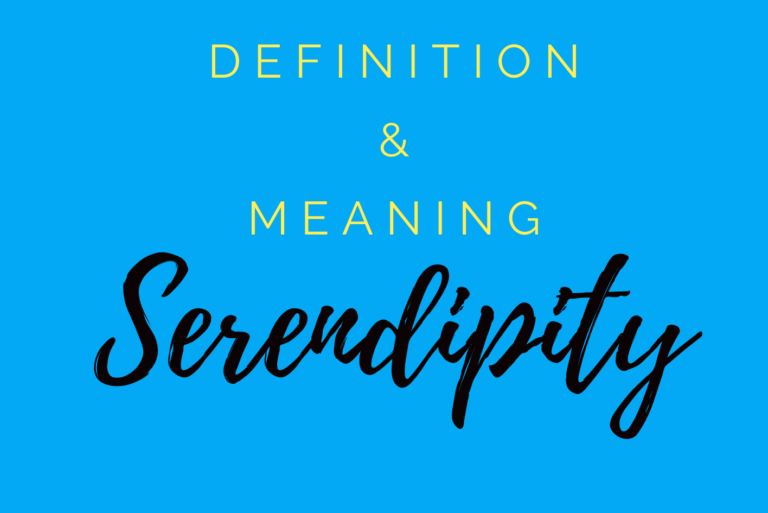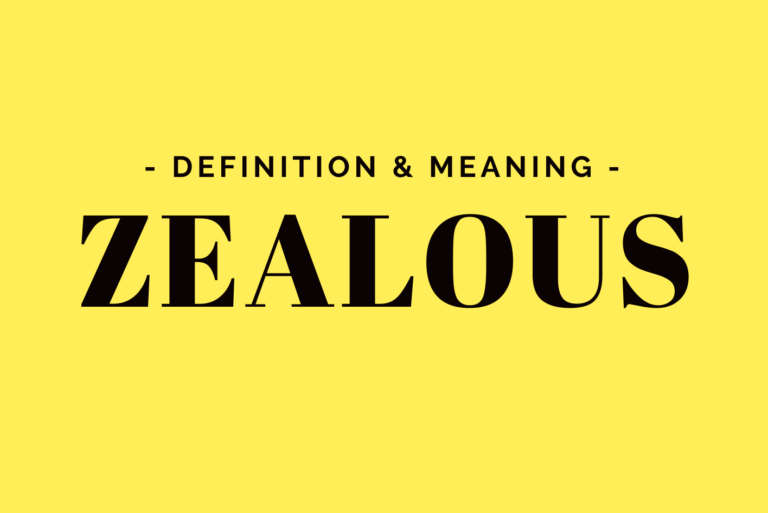Getting Cozy
Join us as we explore the comforting concept of coziness. Imagine yourself bundled up in the softest and fluffiest blanket, sitting next to a toasty fireplace, sipping a delicious cup of cocoa with marshmallows. What is that wonderful feeling you are experiencing as you relax deeper and deeper? That is the feeling of being cozy. Even though coziness can be subjective and look different for every single one of us, the fundamental idea is warmth and comfort.
Today, we will dive into the various meanings, connotations, and grammar forms of this word. In addition, we will look at plenty of example sentences to truly grasp the spirit of this hard-to-describe feeling. So, find yourself a cozy corner as you settle in, and let’s begin!
See also: English Idioms for Traveling
Definitions
“Cozy” can be used in a wide range of situations, with slightly different meanings and nuances. Let’s take a look at the basic definitions below.
- Comforth & Warmth
By far, the most commonly used definition of cozy is warmth and comfort, which leads to relaxation. It is a safe and nurturing environment created by using things like candles, dim lights, gentle music, and warm temperatures. When in a cozy environment, one can feel as if they are in a bubble and shielded from the madness of the outside world. With this also comes a sense of safety and security as you escape from daily anxieties. Some places that can be considered cozy include a warm living in winter, a small and friendly library, and a laid-back cafe. In addition, clothes that evoke a similar feeling can be described as cozy. Examples include sweaters, hoodies, and room slippers.
- Intimate & Relaxed
Expanding on the feeling of warmth and security, cozy can also refer to social settings, such as a conversation or a gathering. At a cozy event, the participating individuals can talk to each other freely and honestly. There is an element of emotional vulnerability present as these people deeply trust each other. You can have cozy dinner parties with your closest and oldest friends from university or cozy conversations in bed with your partner before falling asleep. As in the first definition, there is a kind of bubble around you–a safe space.
- Too close & Overly comfortable (negative)
Although less common, cozy can sometimes be used in a negative context. We can use cozy in an idiomatic way to imply that two individuals are much closer than is acceptable. In business or political situations, this can often insinuate corruption or deals made in secret. In personal situations, cozy can suggest romance and also the crossing of boundaries. For example, a significant other sitting on the couch cuddled up with a friend of the opposite gender might be described as cozy.
- Small (in the context of real estate)
Lastly, when used in the context of housing and apartments, cozy can mean small and cramped. In the real estate world, “cozy” is used instead of “small” as it carries a much more positive connotation. Clients are much more likely to check out a “cozy” apartment than a “small” one. In addition, you can describe your own space as cozy if you do not want to openly state that you are living in a tiny space.
See also: 5 Polite Expressions for Making Requests and Asking for Favors
Etymology
The origins of “cozy” are somewhat unclear. Many experts have suggested possible roots. However, we have not been able to determine the true etymology of this word. One of the theories looks at the Scottish word “cosie,” which shares the same meaning. How this word originated in the Scottish language is unknown. On the other hand, another possibility arises from the Norwegian “kose seg,” meaning “make oneself comfortable.” Despite these theories, scholars have not been able to agree on how this word made its way into the modern English language!
Various Forms and Example Sentences
Cozy (adjective)
Here are four different examples for each definition:
E.g., “When it rains and is gloomy, I love to create a cozy atmosphere in my living room with candles and some smooth jazz.”
E.g., “The couple enjoyed a cozy dinner at their favorite restaurant for their first wedding anniversary.”
E.g., “The taxi company made a cozy deal with the local government to disallow ridesharing services from entering the market.”
E.g., “Since I live right in the center of the bustling city, my apartment is quite cozy.”
Coziness (noun)
E.g., “Even though I love traveling, nothing compares to the coziness of being in your own bed.”
Cozy up to (phrasal verb): To physically move closer to a source of warmth or comfort.
E.g., “Jane cozied up to the fireplace in her resort cabin after a long day of skiing on the slopes.”
Get cozy (phrasal verb): To achieve a state of coziness.
E.g., “I can’t wait to finish work, get home, and get cozy on the couch with a glass of wine.”
Cozy up to someone (phrasal verb): To fake a closer relationship with someone in order to gain an advantage.
E.g., “We lost our deal with a major supplier after a rival firm cozied up to them.”
E.g., “The actor’s affair was exposed after paparazzi pictured him cozying up to an unknown woman at the nightclub.”
Cozy (noun): A padded covering placed on a teapot, coffee pot, or thermos to keep the contents warm.
E.g., “For my Christmas present, my grandmother knitted me a wonderful tea cozy for my kettle.”
See also: 22 Better Ways to Say That a Person is Nice
Synonyms
Since “cozy” is a feeling that transcends dictionary definitions, it is quite unique as a word. Nevertheless, let’s look at some words that could come close in meaning:
Comfy
Perhaps the closest word in the definition to “cozy” would be “comfy.” Comfy is short for comfortable. The shortened version is much more casual than the full-length one. We can use “comfy” in the same way as “cozy” when it comes to physical comfort and also in winter. On the other hand, if you are comfortable and relaxed while lounging on a vast beach in summer, comfy would be more fitting. Comfy also cannot be used to describe relationships or living spaces.
Snug
“Snug” is another adjective that describes a comfortable and safe space. However, unlike cozy, snug implies a much smaller space. Furthermore, we can use “snug” to describe tight-fitting clothes, shoes, and seats. For example, seats on budget airlines tend to be quite snug. Due to the fact that excessive tightness can lead to discomfort, snug is also sometimes used in a negative way by saying “too snug.”
Hygge
Hygge is a Danish word that has gained significant popularity in English in the early 2000s. It is the Danish concept of coziness and well-being that we can achieve by setting up a warm and intimate environment. While coziness can happen by chance, hygge involves the conscious effort of making it happen. It also places an emphasis on community and the importance of having good company.
Intimate
Intimate is closer to the second definition of cozy (close relationships or events). Just as cozy, we can use intimate to describe an occasion where individuals have deep emotional connections. The difference in nuance is that “intimate” carries a stronger feeling of privacy in events and relationships, possibly even secret in a way. For example, if a couple opts to have a wedding involving only 6 of their closest friends, that is an intimate wedding ceremony.
Even though it is hard to put a feeling as special as being “cozy” into words, we hope that the explanations in this article have helped. What would you describe as cozy? What is your cozy escape in our busy and chaotic world?






